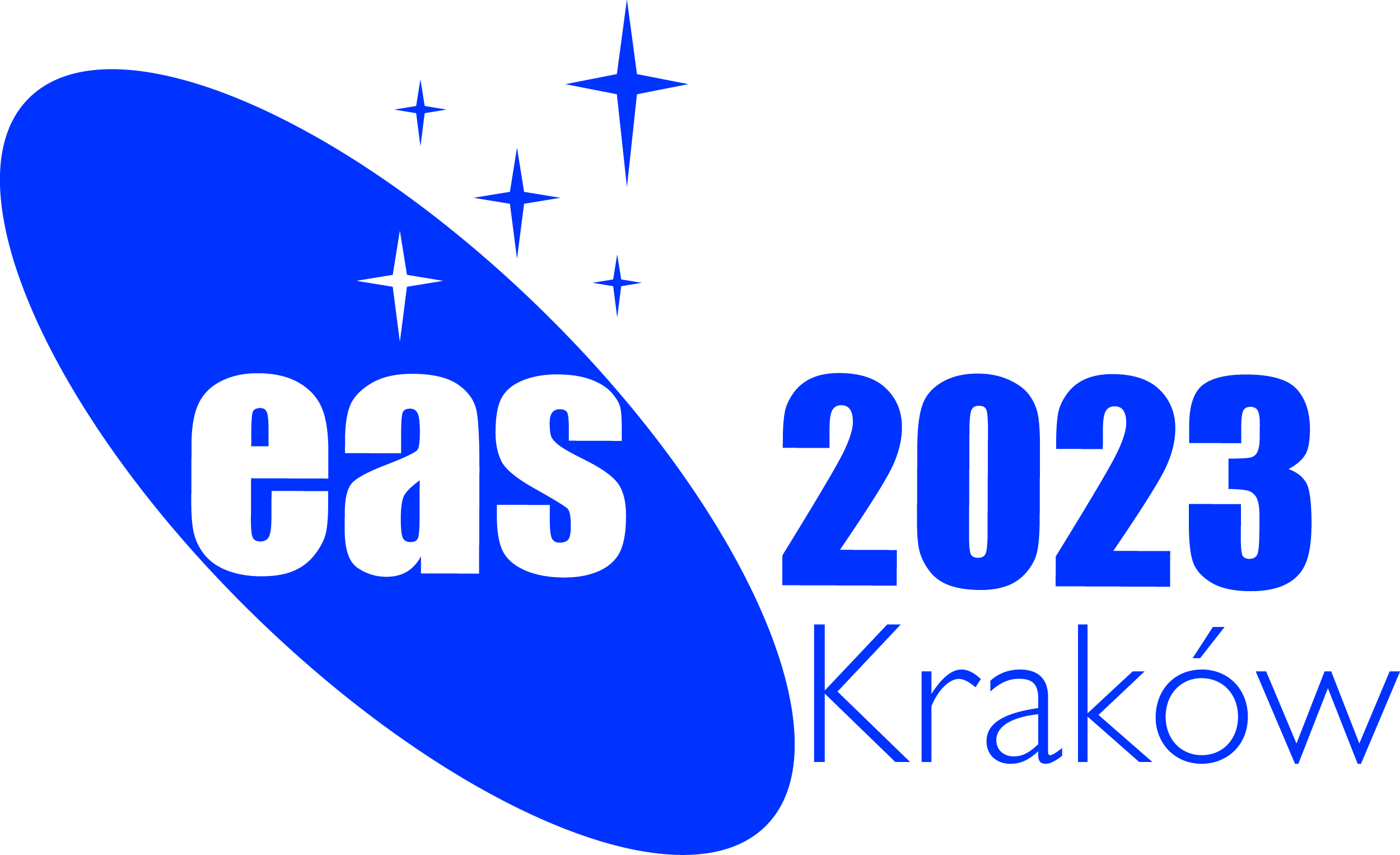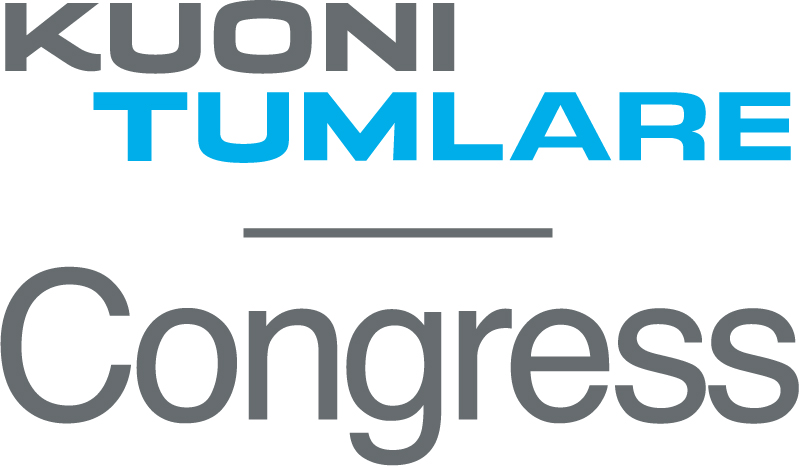Lunch Session LS8
10 July 2023
The GAIA-BIFROST legacy survey: Precision dynamical masses and ages across the HR diagram
Aims and scope
The GAIA mission is expected to provide astrometric and RV orbits for hundred thousands of binary systems. However, for the vast majority of systems, GAIA does not resolve the individual components, preventing precise dynamical masses and ages to be derived. Resolving these binaries with an interferometer at a single epoch enables masses and full orbital parameters be determined for all components.
As part of the "GAIA-BIFROST" project that is funded by the European Research Council (Consolidated Grant; PI Stefan Kraus; grant agreement No. 101003096), we are pursuing a legacy survey that uses VLTI and CHARA infrared interferometry to derive masses and ages for up to 6000 binaries, spread across the HR diagram. Compared to earlier surveys, the survey will increase the number of systems with precision dynamical masses and ages by more than an order-of-magnitude.
The aim of this session is to present the survey to the community and to gather input for the target selection and prioritisation. The survey will impact many different areas of stellar astrophysics, including stellar evolutionary models (in particular for rare stellar populations, such as high mass stars or metal-poor stars), star formation in different mass and metallicity regimes, astroseimology, and Galactic Archaeology. Given the large number of accessible sources, it is critical to select the stellar populations that are most urgently needed in different communities for constraining their theoretical models. Accordingly, this session addresses not only observers, but also theorists working in stellar evolution, star formation, Galactic astrophysics, and cosmology.
Following short introductory talks on the survey and the accessible target sample, we will discuss with the audience ways for optimising the impact of the survey, e.g. by brainstorming additional science questions that could be addressed or by identifying synergies with other surveys and opportunities for collaborations.
Programme
- Presentation on "GAIA-BIFROST" project and the instruments that will be used for the survey, including the purpose-built BIFROST visitor instrument for VLTI
- Presentation on DR3 sample that is accessible for deriving precision masses and ages in the survey
- Discussion on science questions that can be addressed
- Discussion on target selection and prioritisation
- Discussion to identify syerngies with other surveys and opportunities for collaborations
Invited speakers
Scientific organisers
Prof Stefan Kraus (Exeter, UK; chair);
Dr Tyler Gardner (Exeter, UK; cochair);
Mr Yi Lu (Exeter, UK);
Prof Michael Ireland (ANU, Australia);
Prof Luca Casagrande (ANU, Australia);
Prof John Monnier (Michigan, USA);
Dr Jean-Baptiste LeBoquin (IPAG, France);
Prof Isabelle Baraffe (Exeter, UK);
Dr Gail Schaefer (CHARA, USA)
Contact
Prof Stefan Kraus (s.kraus @ exeter.ac.uk)
Updated on Sun Jan 15 16:53:50 CET 2023
|

 A power cut will shut down all EAS services on Tuesday, 10 January 2017 starting at 7:30 CET.
A power cut will shut down all EAS services on Tuesday, 10 January 2017 starting at 7:30 CET.


